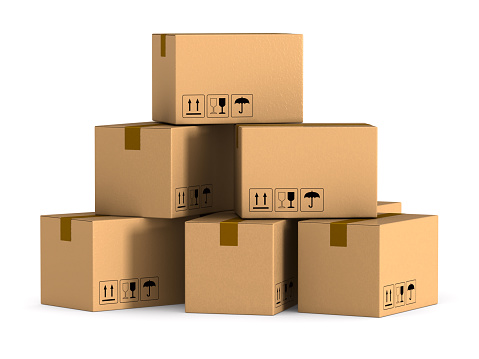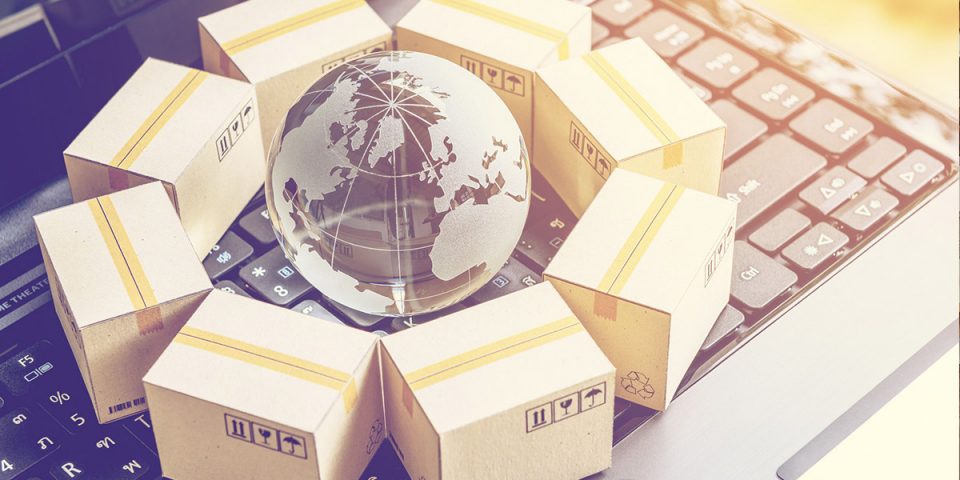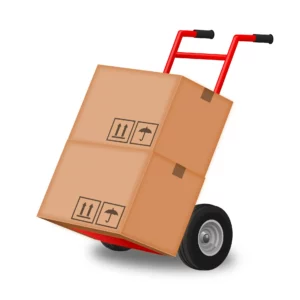Every cargo shipped in a container, whether general or special, should be registered and have certain documentation to support it.This article will explain the differences and handling methods between General Cargo and Special Cargo.
What is General Cargo?
General cargo is any type of cargo which does not require special handling. It can be shipped in any type of container, as long as it meets the standard sizes and weight requirements. As the most common type in international trade, general cargo mainly include the following types:
– Consumer goods (food, clothing, household appliances)
– Consumer durables (electronics, furniture)
– Industrial machinery and equipment
– Building materials
– Chemical products
– Agricultural products
– Automotive parts

How to handle General Cargo?
General cargo is generally handled by a freight forwarder or carrier. They have experience in packing and shipping general cargo, and will know exactly how to pack your goods so they arrive safely. If you want to ship general cargo yourself, follow these steps:
- Find out if your destination country requires a freight forwarder to handle the delivery of general cargo. If so, hire one.
- Find out whether there are any restrictions on what can be shipped into your country (such as firearms, foodstuffs).
- Find out the weight and dimensions of your cargo, and make sure you can fit it into a freight container.
- Pack your general cargo (if possible) in boxes that are made for shipping—you can purchase these from a freight forwarder or find them at your local office supply store.

What are Special Cargo?
Special cargo is defined as items that are not standard freight, such as hazardous materials and live animals. If you’re shipping special cargo, you must let the carrier know this before booking your shipment.
In addition, different countries have different standards for the import and export of special cargo. The special cargo transportation regulations for sea freight, air freight, and international express delivery vary. Compared to other methods, air freight is usually more stringent and restrictive.
Special cargo may also require additional paperwork and/or safety precautions during transit.
What are the different types and handling of special cargo?
3 most common types of special cargo include live animals, hazardous materials, and perishable goods. Each type has its own regulations for handling and shipping.

Live Animals:
If you’re shipping live animals, be sure to call or email your freight forwarder as soon as possible after booking so they can make arrangements with their airline partner. Depending on the animal species and destination country, a health certificate may be required. Some countries require special containers for transporting pets ; others may require that your pet travel in the cabin with you. For more information on shipping live animals, visit the International Air Transport Association (IATA) website.
Hazardous Materials:
If you’re shipping hazardous materials, be sure to call or email your freight forwarder as soon as possible after booking so they can make arrangements with their airline partner. Depending on the material type and destination country, a special permit or license may be required for transportation. For more information about transporting hazardous materials by air, visit the IATA website.
Perishable Cargo:
Perishable goods include any cargo that is sensitive to temperature changes, such as food and plants. If you’re shipping perishable items, they must be packed in coolers with ice packs or dry ice (if allowed by your airline), and have an expected destination within 24 hours of leaving your location. The airline will provide a cooler bag for free when transporting perishable goods.

Takeaway:In the context of shipping, general cargo refers to any and all cargo that is not considered a special commodity. This classification includes commodities like sand, gravel and cement, which are used as ballast on ships. The distinction between special commodity and general cargo is often not very clear. That’s why international carriers sometimes make mistakes when they classify their shipments.
Maxtop Tech is a China sourcing company and supply chain assistance management company. Our service for buying office is help our customers to import goods from China more smoothly, more simple. more time-saving.